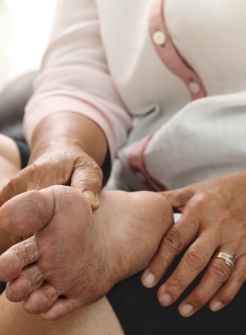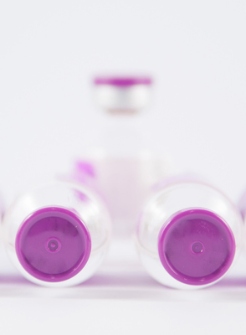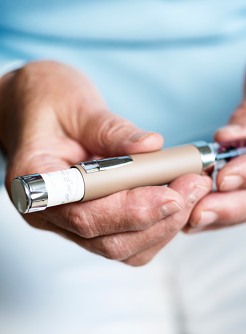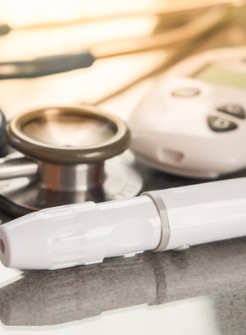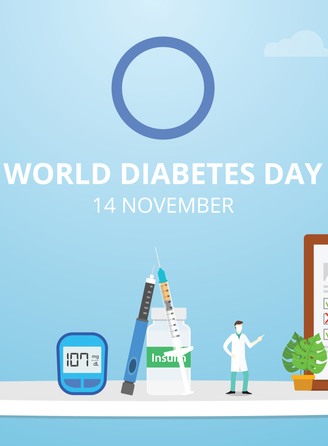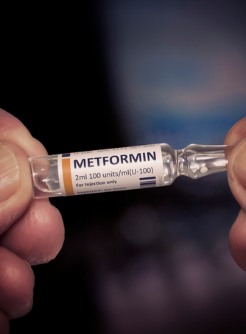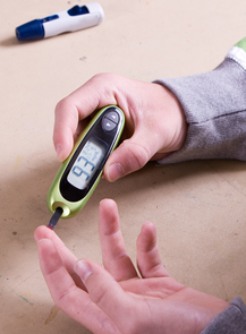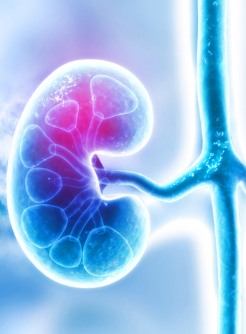SURPASS-3: Tirzepatide Reduced A1C, Body Weight in Type 2 Diabetes
By Adam Hochron
March 10, 2021
In a pair of clinical trials evaluating tirzepatide as a treatment for type 2 diabetes, researchers found the treatment significantly reduced a patient’s A1C and body weight.
According to a release from the manufacturer, the results of the phase 3 SURPASS-3 and SURPASS-5 trials met both the primary and all key secondary endpoints. In the SURPASS-3 trial, treatment with tirzepatide was compared to titrated insulin degludec, while the SURPASS-5 trial compared the treatment to placebo. Patients in both trials were also treated with titrated insulin glargine. 
Using the highest dose (15 mg) of tirzepatide, the researchers noted that the treatment reduced A1C by 2.37% and body weight by 13.9% in the SURPASS-3 trial and reduced A1C by 2.59% and body weight by 11.6% in the SURPASS-5 trial. The release noted that when using the highest dose, 62.4% of patients in the SURPASS-5 trial, who had a mean duration of diabetes of 13.3 years, achieved an A1C of less than 5.7%, which is the level commonly seen in people without diabetes.
“For people with type 2 diabetes who are at the point in their treatment journey where they would progress to an injectable therapy, these positive results emphasize tirzepatide’s potential to deliver a meaningful impact in lowering their A1C and weight,” said SURPASS-3 Principal Investigator Bernhard Ludvik, MD, of the Landstrasse Clinic, in Vienna. “Throughout the year-long study, tirzepatide provided sustained A1C reduction and progressive weight loss with low occurrence of level two hypoglycemia, an important consideration for people with diabetes and their clinicians.”
The release noted that the safety profile in both studies was similar to other well-established GLP-1 receptor agonist treatments. The most commonly reported adverse events were gastrointestinal side effects, with decreasing severity with continued dosing.



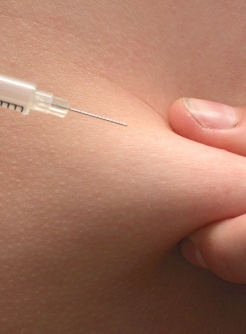

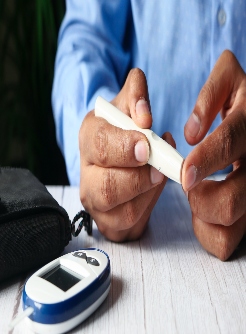






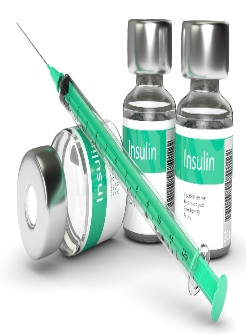

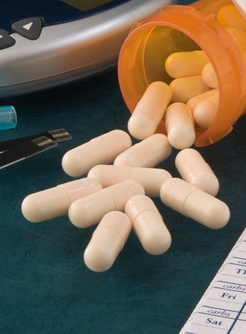
.jpg)

